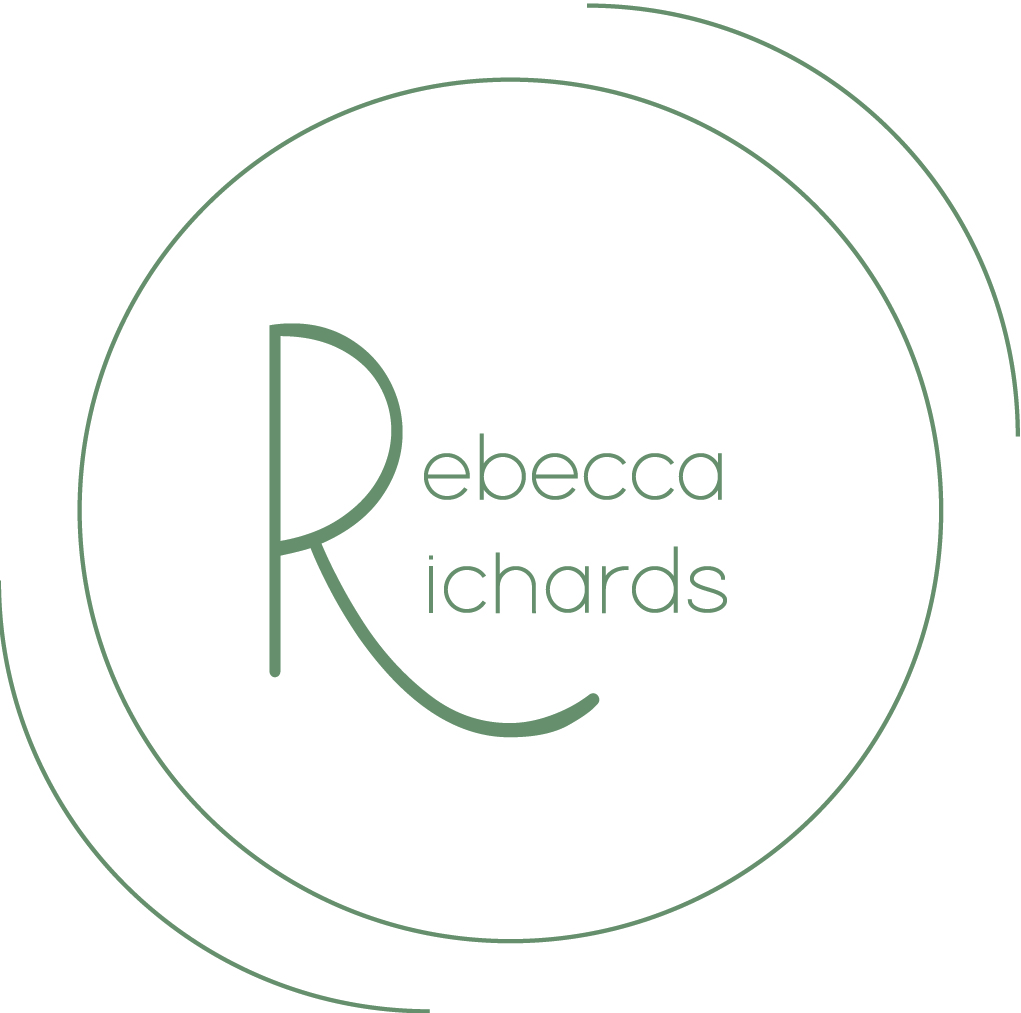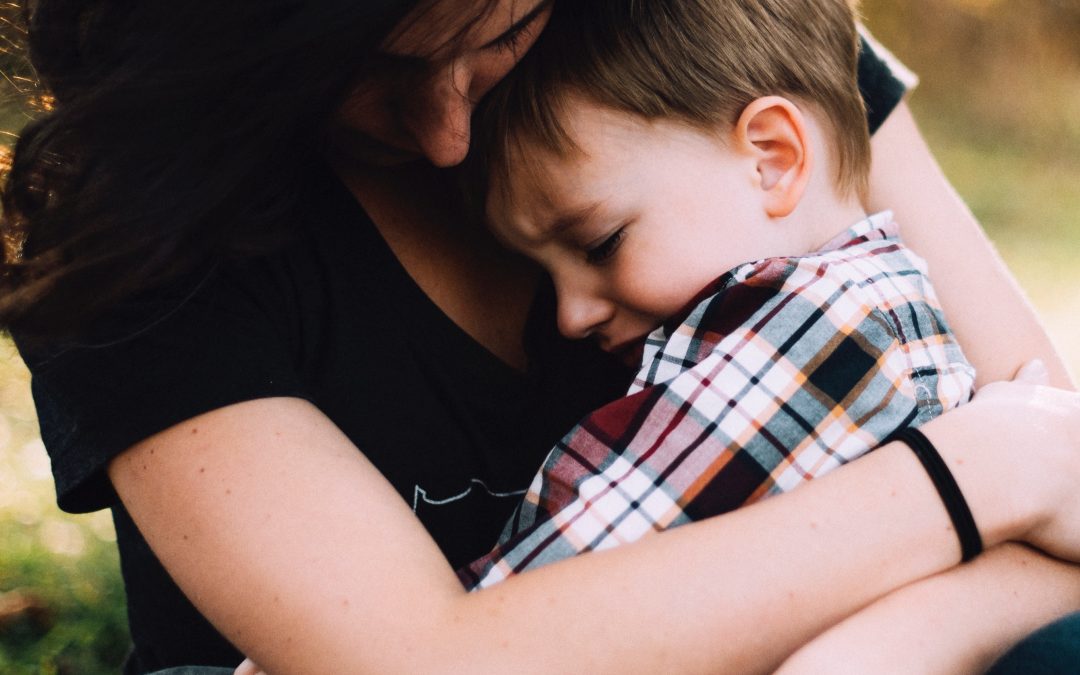The other day when I was with my son at a playground I noticed him attempting to play with two older boys.
I was involved with my cup of tea and my phone when Zac ran up to me upset, telling me he was “Scared of that big boy”.
I presumed that the older boy had been rough with Zac and I was about to launch into some dialogue based on my assumption when I REMEMBERED to listen and learn.
I asked Zac gently what he was scared of. And he answered, “ I am scared that boy doesn’t like me”.
Just as this conversation was happening, a young woman walked past us and turned to me and said “WOW, that is how I feel every time I meet a guy!
It seemed that the intimate, truthful moment I had with Zac touched something vulnerable and truthful in her too and we had a real human moment together which was sweet and beautiful.
When we listen to ourselves with care, curiosity and a willingness to really open to ourselves, no matter what sort of mood we are in, we learn a heap more about our personal likes, needs and the type of action we need to take in our life. Self-intimacy develops that feels satisfying and helpful.
A benefit of this is we naturally become more able to listen to our children and energetically hold them with love, even when they are really grumpy, angry, not wanting to share, hurt, sad and lonely.
The pay off here is we learn more about our children, we deepen our connection with them and a more fulfilling relationship results.
This isn’t as easy at it sounds or as quick a process as it took me to write those few lines above.
Listening takes practice.
Rarely have we been offered an unconditional welcoming of all that we are.
As children, it is unlikely anyone welcomed, with loving presence, our anger, bad moods, fear or shyness.
It is unlikely anyone wanted to learn more about what was going on for us when we were behaving or relating in ways that were viewed as unsavoury.
Consequently, we learned that being like that, ie, angry, shy, scared was somehow not ok. So we banished this in ourselves and developed ways of managing these emotions and thoughts.
Now, when our children show signs of anger, bad moods, fear or shyness it is likely our automatic reaction is similar, either to the way we were met when we were like this as a child or we react to them in the same ways we learned to manage ourselves when we feel like this.
Some of my son’s behaviour also triggers in me, very deeply ingrained painful beliefs I have of my self. Ones such as “I don’t have what it takes” or “I don’t know what I am doing” get touched on especially when I try really hard not to react in the automatic conditioned ways I was parented.
When these painful beliefs get triggered, so that I don’t have to feel the pain of them, I can shift into another automatic set of responses infiltrated with an agenda to stop him from being the way he is.
However, the more I practice listening to myself the more I remember to do this for Zac too. This is why I really advocate self-kindness practices such as Inner Listening, Self Compassion First Aid, Deep Relaxation and Irest Yoga Nidra. When we give ourselves sweet personal time like this and connect with our essence, we naturally have more time for others too.
When we most need empathic listening is when we are least likely to get it.
One upside down, back-to-front thing about our human need to be heard is this. When we most need empathetic listening is when we are least likely to get it from anyone else or realise that we need to give this to ourselves.
When we are most angry, disappointed, upset or frightened and have reacted in ways that cause us to judge ourselves rather than love ourselves is exactly the time when we need to slow ourselves down and turn toward our inner being with a listening heart.
Same with our children. When their behaviour is the most alarming and the uglies,t (such as biting, hitting, kicking, swearing, raging, crying, throwing, hiding, screaming, tantruming, withdrawing, running away) is when they are most in need of loving attention, listening and kindness.
And this is when we are most likely to be triggered and unable to show them the unconditional love they are desperate for!
But we can turn it around.
A few tips about Empathic Listening.
The first step to Empathic Listening is to remember to do it.
Then bringing attention to our body and our breath helps us become a whole body ear for listening.
Being open and curious are also wonderful qualities to bring into any relationship, whether it be our personal inner relationship, our relationship with our children, intimate partner, work colleagues, family members, and friends.
I love the notion that it only takes one person in a family system or in a relationship to make a change to their way of relating (this may be an inner change that leads to a stronger boundary, more self-care and self-love or it may be a change that leads to more openness to hear another person’s point of view) for the entire relationship dynamic to change for the better.
And where do we start? It is never too late. We always start right where are.
May you spend some time listening xx
With love
Rebecca xx

